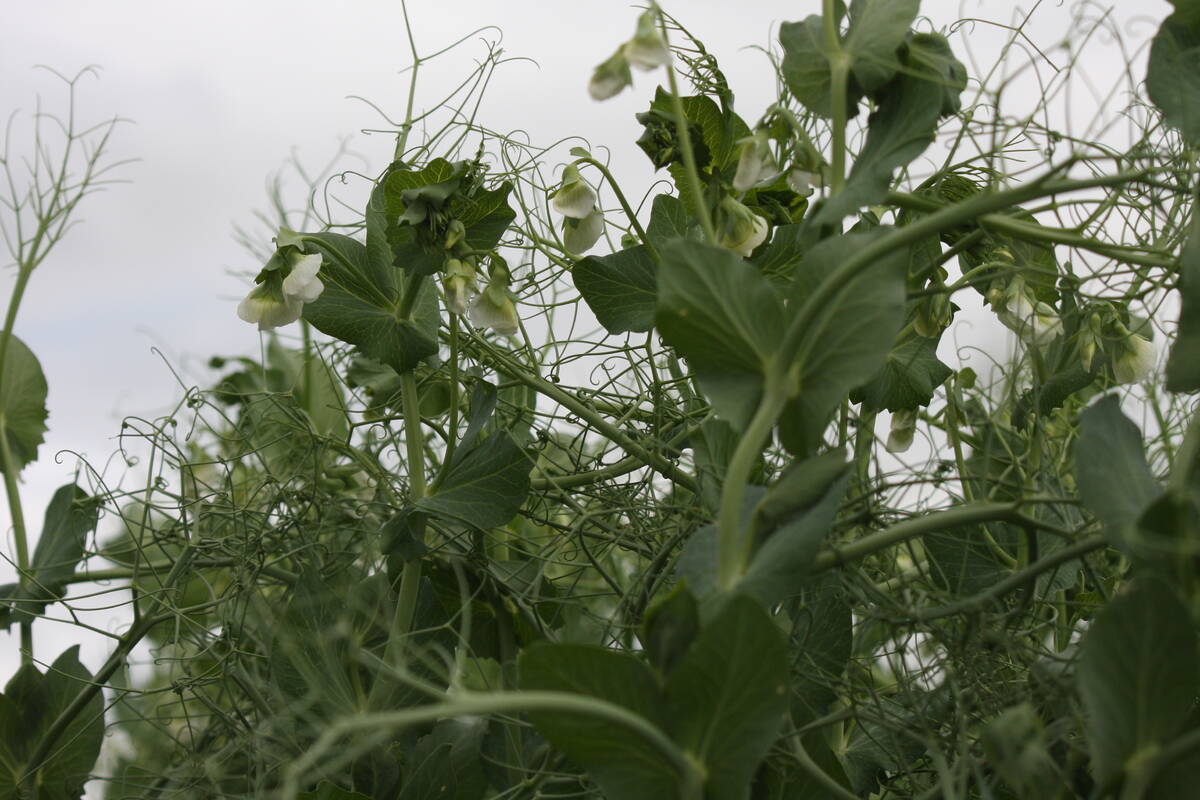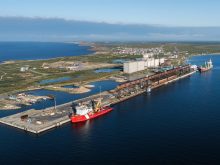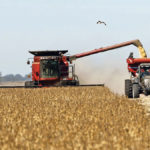Brazil trade officials have long been saying that developing nations need understanding from the world’s developed countries.
The country has expressed hopes that world trade talks will tilt more in favour of developing nations and give them more access to markets in developed countries.
But some nations see tough competition from booming Brazilian agricultural exports and say Brazil already appears to have joined the ranks of developed nations.
And some, such as the European Union, resist lumping in the South American agricultural giant with much poorer countries in world trade talks.
Read Also

High pea yields shock farmers
There is going to be a massive pea carryout at the end of this crop year.
“Where I have the biggest problem is the most competitive exporting country in the world – they are the number one in exports of five commodities – they are treated like any other developing country,” said EU agriculture commissioner Franz Fischler in a speech in Winnipeg.
He said developed nations such as those in the EU want to open markets to poor and struggling underdeveloped nations, but don’t feel the same amount of sympathy for Brazil.
Brazilian vice-minister of agriculture, livestock and food supply, Jose Amauri Dimarzio, boasted of his country’s agricultural production and potential, and also made a bid for developed world support during the World Meat Congress held in Winnipeg June 15-17.
“For Brazil, the agribusiness is so important that it must be regarded as national safety for ourselves,” said Dimarzio in an interview.
“Agribusiness is the business that is making money for Brazil. Brazil needs the income to improve internally the regions of Brazil, for the poor people, to keep democracy and pay our external debt.”
In some ways Brazil is a typical third world nation, with widespread poverty, rickety infrastructure and a history of political instability. In other ways, especially in agriculture, Brazil operates at the leading edge of development, having high-tech, large scale farms producing commodities at the lowest cost in the world.
The country is the world’s largest producer of coffee, orange juice, sugar and ethanol and plans to massively increase its production of many commodities in coming years. Five years ago Brazil exported $13 billion US in agricultural exports. Last year it reached $25.8 billion. It expects to reach $30 billion this year and $35 billion next year.
Dimarzio said there is no contradiction between Brazil’s calls for sympathetic treatment and its explosive economic growth in agriculture.
Other industrial sectors of Brazil are not doing as well, and an expanding world population will need its agricultural growth.
“We can be an important player in feeding the world,” said Dimarzio.















